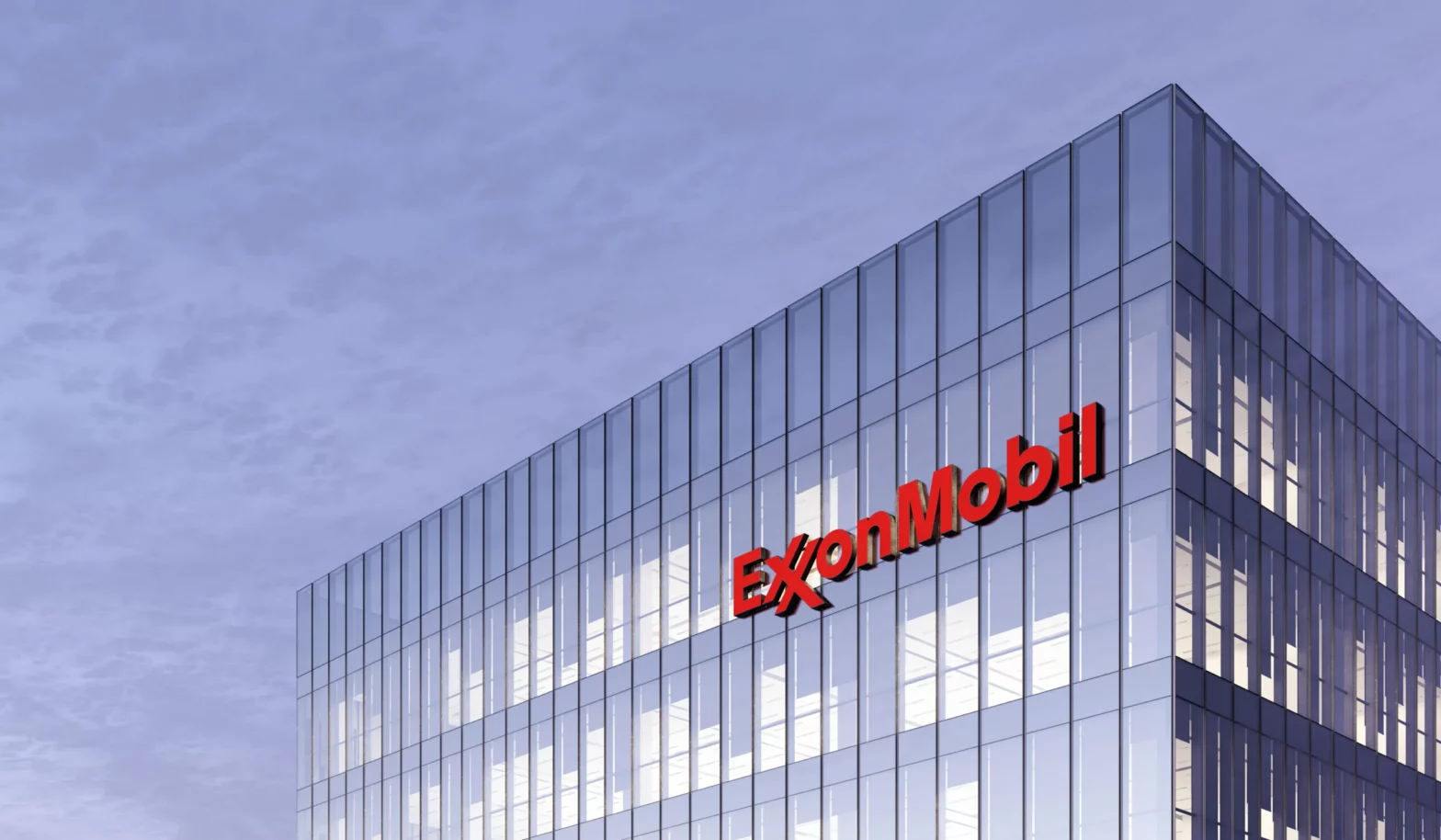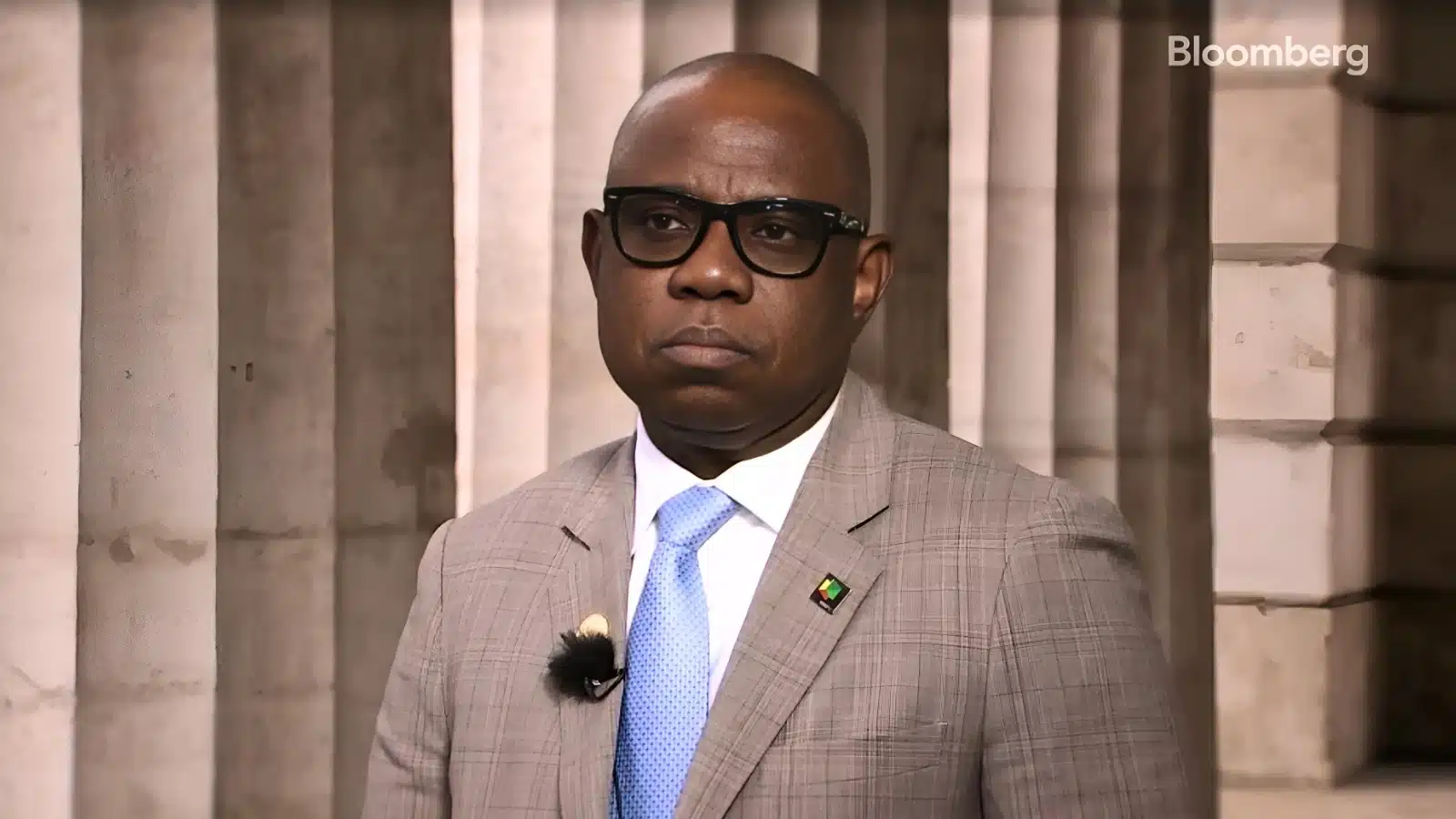- Nigeria, endowed with vast crude oil reserves, has long grappled with the paradox of being a major oil producer that heavily relies on imported refined petroleum products.
- This reliance has been perpetuated by inadequate domestic refining capacity and a regulated downstream sector characterized by government-controlled pricing and subsidies.
In recent years, the federal government has embarked on a series of reforms aimed at deregulating the downstream petroleum sector.
A pivotal moment in this journey was the commissioning of the Dangote Oil Refinery, a $20 billion facility with a capacity of 650,000 barrels per day, positioned to be Africa’s largest refinery.
The emergence of this refinery in 2024 marked a significant stride towards self-sufficiency in refined petroleum products and a reduction in import dependency.
The government’s decision to end NNPC’s exclusive rights to purchase from the Dangote Refinery has opened the market to local fuel traders, fostering a competitive environment. This move aligns with the broader policy of full deregulation, which aims to eliminate subsidies and allow market forces to determine pricing.
The cessation of subsidies, a policy shift implemented in late 2024, has been a contentious issue, given its immediate impact on fuel prices and the broader economy. However, proponents argue that deregulation is essential for attracting private investment, enhancing efficiency, and ensuring a sustainable supply of petroleum products.
The interplay between increased local refining capacity and a deregulated market has significant implications for competition among oil marketers in Nigeria. The entry of private refineries like Dangote’s introduces new dynamics in supply chains, pricing, and market share distribution.
As local refining ramps up, the expectation is that increased supply will lead to competitive pricing, benefiting consumers and stimulating economic activities. However, the transition also presents challenges, including potential price volatility, the need for infrastructural upgrades, and the imperative of regulatory oversight to prevent monopolistic practices.
The shift to deregulation and its implications
The federal government’s move towards full deregulation of the downstream petroleum sector represents a paradigm shift from decades of state control and subsidy regimes.
This policy change is driven by the need to curtail the fiscal burden of subsidies, estimated to cost the government billions annually, and to create a more efficient and self-sustaining petroleum market.
By allowing market forces to dictate prices, the government aims to attract private investments, enhance supply reliability, and ultimately benefit consumers through competitive pricing.
The deregulation policy has led to the emergence of a “willing buyer, willing seller” market structure, where oil marketers negotiate directly with refineries for product procurement.
This framework is expected to foster healthy competition among marketers, as they strive to optimize their supply chains and offer competitive prices to gain market share. The entry of the Dangote Refinery into the market is particularly significant, as its substantial refining capacity has the potential to meet domestic demand and influence pricing dynamics.
Tunji Oke, an expert in energy law, emphasizes the positive impact of deregulation on market competitiveness:
According to him, the full deregulation of Nigeria’s downstream petroleum sector is a welcome development that promises to enhance competition among oil marketers.
“With the removal of subsidies and the liberalization of the market, we are witnessing a scenario where marketers are compelled to operate efficiently and offer competitive prices to attract consumers,” he said.
“This competitive environment is beneficial for the economy, as it encourages innovation, improves service delivery, and can lead to more stable and lower prices in the long run.
“The presence of local refineries like Dangote’s adds a new dimension to this competition, as it increases domestic supply and reduces dependence on imports, thereby mitigating the vulnerabilities associated with international market fluctuations.”
Impact of local refining on market dynamics
The operationalization of local refineries, particularly the Dangote Refinery, is poised to significantly alter the landscape of Nigeria’s petroleum market.
The federal government had also announced the resumption of operations at its Warri oil refinery after nearly a decade of inactivity, marking the latest attempt to address the longstanding issues that have forced Africa’s largest crude exporter to import the majority of its fuel. Additionally, the Port Harcourt refinery is reported to be operational as well.
By increasing domestic refining capacity, Nigeria will be able to reduce its reliance on imported petroleum products, which have historically been subject to international price volatility and supply chain disruptions. Local refining is expected to stabilize supply, enhance energy security, and contribute to the country’s economic development through job creation and value addition.
Moreover, the availability of locally refined products introduces a new level of competition among oil marketers. Marketers now have the option to source products domestically, potentially at more favourable terms than imports.
This shift can lead to price competition at the retail level as marketers adjust their pricing strategies to reflect reduced logistics costs and improved supply reliability. Consumers stand to benefit from this competition through better prices and improved service delivery.
Patrick Nwabueze, a renowned political economist, underscores the importance of private sector participation in a deregulated market.
According to Nwabueze, allowing private investors to establish refineries will help to improve the functionalities in the sector.
“The government’s decision to fully deregulate the downstream petroleum sector is a critical step towards creating a competitive and efficient market. However, for deregulation to yield the desired outcomes, it is imperative to encourage private investment in refining and distribution infrastructure,” he said.
“By allowing private investors to establish refineries and supply petroleum products, we can enhance supply reliability, create jobs, and stimulate economic growth.
“The presence of multiple players in the market will drive competition, leading to fair pricing and better services for consumers. It is essential that the government provides a conducive environment for these investments, including clear regulatory frameworks and support for infrastructure development.”
Challenges and considerations in a deregulated market
While deregulation and increased local refining capacity offer numerous benefits, several challenges must be addressed to ensure a smooth transition and the realization of these potential gains.
One significant challenge is price volatility. In a deregulated market, fuel prices are subject to the dynamics of global oil prices and exchange rate fluctuations. Without government intervention, consumers could experience sharp price increases, particularly in a country like Nigeria, where the exchange rate can be unstable.
Another concern is the potential for market dominance by a few large players. Although deregulation is intended to foster competition, there is a risk that larger entities, such as the Dangote Refinery, could dominate the market, potentially leading to monopolistic behaviours. This underscores the need for effective regulatory oversight to ensure fair competition and prevent anti-competitive practices.
Infrastructure inadequacies also pose a significant challenge. The distribution and retail infrastructure in Nigeria needs significant upgrades to handle increased local refining outputs and ensure efficient product distribution. This requires substantial investment in pipelines, storage facilities, and transportation networks.
Furthermore, the social impact of deregulation cannot be overlooked. The removal of subsidies has already led to public discontent due to the immediate rise in fuel prices. Policymakers need to implement measures to mitigate these impacts, such as social safety nets or targeted subsidies for the most vulnerable populations.
According to Bunmi Adeloju, an energy reporter, the government should target interventions that will mitigate the effect of the subsidy remover.
“While deregulation is economically sound in theory, its implementation in a developing country like Nigeria must be handled with care to avoid exacerbating social inequalities.
“The sudden removal of fuel subsidies has a disproportionate impact on low-income households, who spend a higher percentage of their income on energy. To mitigate these effects, the government should consider targeted interventions, such as conditional cash transfers or subsidized public transportation.
“Additionally, there needs to be a robust public communication strategy to educate citizens on the long-term benefits of deregulation, such as improved infrastructure and services, to build public support and understanding.”
This comprehensive approach to managing deregulation, coupled with strategic oversight and support, can help Nigeria realize the full potential of its deregulated petroleum sector.









